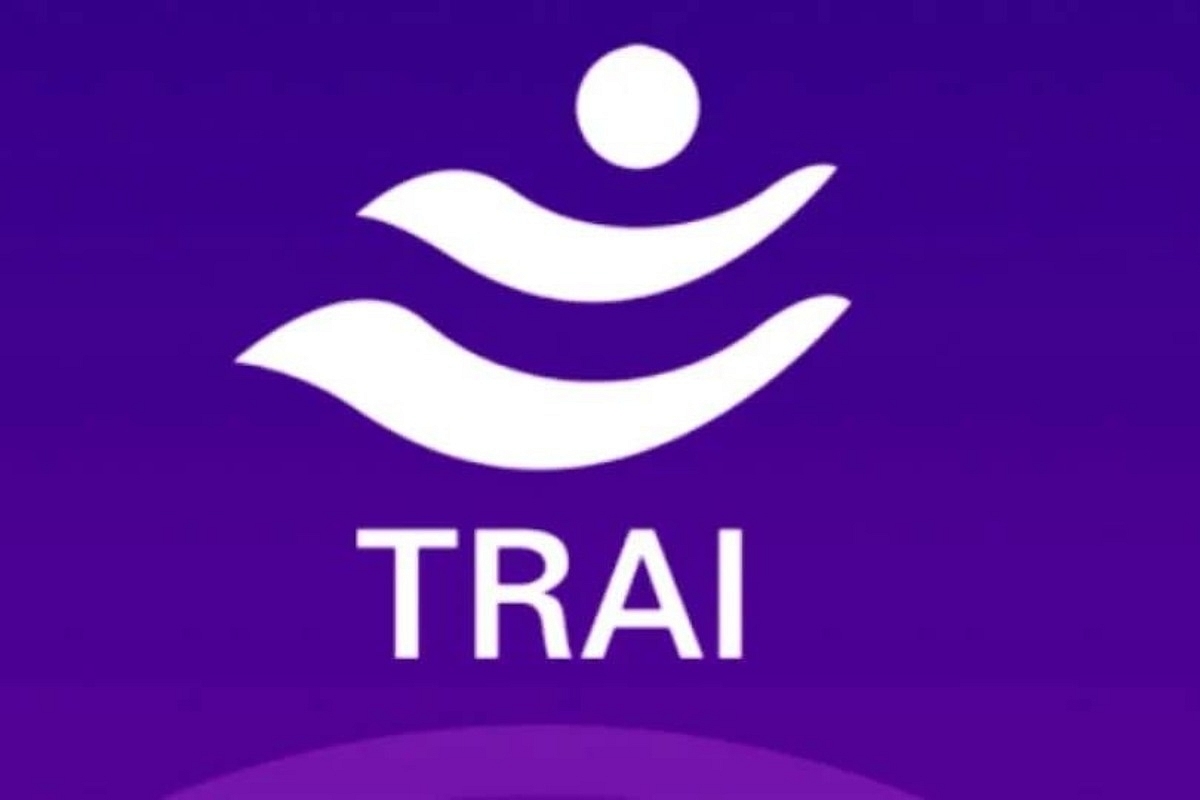Business
Centre Mulls Amending TRAI Act To Allow Private Sector Executives As Chairperson Of Telecom Regulator: Report

TRAI (Pic Via Facebook)
In a bid to increase private sector involvement in key regulatory positions, the Centre is considering amending the TRAI Act, 1997.
The amendment would establish specific requirements for senior corporate executives to become the chairperson of the Telecom Regulatory Authority of India (TRAI).
Under the proposed changes in the upcoming Telecommunications Bill, the amendment could allow the regulator's chairperson to be selected from the private sector.
The requirements for the position may include individuals from the private sector who have held board positions or served as chief executive officers, with a minimum of 30 years of professional experience, Indian Express reported citing a senior government official.
“There is a proposal that a person who has never worked in the government can be appointed as the chairperson of TRAI if they have at least 30 years of professional experience at a senior level, such as a board member or chief executive officer,” the official was quoted as saying by IE.
This amendment would reportedly involve modifying Section 4 of the TRAI Act, 1997, which grants the Centre the authority to appoint the chairperson and members of the regulatory body who possess “special knowledge of, and professional experience in, telecommunication, industry, finance, accountancy, law, management or consumer affairs”.
According to the official, there have been no appointments from the private sector for the post of TRAI chairperson since the basic eligibility criteria was never laid down.
“Besides, the changes being mulled also signal that TRAI has evolved as a regulator over the years and could now do well under a person from the private sector,” sources were quoted in the report as saying.
Currently, the rules state that a TRAI member must have served as Secretary or Additional Secretary to the Government of India, or in an equivalent position in the central or state government, for a minimum of three years. However, there are no specific rules outlined for the appointment of a chairperson.
While it was technically possible to appoint a chairperson from the private sector, the government has previously refrained from doing so due to concerns regarding potential conflicts of interest, according to the official.
"But the changes being considered now signal the changing mindset of the Centre towards opening up key regulatory posts for individuals from the private sector,” said the official.
The current TRAI chairperson P D Vaghela is a 1986-batch IAS officer from the Gujarat cadre, previously serving as Secretary in the Department of Pharmaceuticals.
His predecessor, R S Sharma, a 1978-batch IAS officer from the Jharkhand cadre, held the position of IT Secretary from 2014 to 2015.
Former Chief Justice of the Allahabad High Court, S S Sodhi, served as TRAI's first chairperson from 1997 to 2000. Following him was M S Verma, the former chairman of the State Bank of India, who held the position until 2003. These two individuals are the only non-IAS officers to have served as TRAI chairpersons.
According to the official, if the amendments are approved, there will be measures in place to ensure that any potential conflicts of interest are avoided when appointing individuals from the private sector.
This move is reportedly in line with the government's recent moves of appointing private sector professionals to lead key regulatory bodies.
Earlier this year, Madhabi Puri Buch, a private sector executive, became the first individual from private sector to head the Securities and Exchange Board of India (SEBI).
This significant appointment occurred over three decades after the market regulator obtained statutory powers.
Further, the Digital Personal Data Protection Act, 2023, has been recently notified by the government. Under this act, the Data Protection Board of India will play a crucial role in enforcing privacy legislation.
The act permits the appointment of a chairperson from the private sector, given that they possess relevant experience in data governance, administration or implementation of laws related to social or consumer protection, and dispute resolution, among other things.
Support Swarajya's 50 Ground Reports Project & Sponsor A Story
Every general election Swarajya does a 50 ground reports project.
Aimed only at serious readers and those who appreciate the nuances of political undercurrents, the project provides a sense of India's electoral landscape. As you know, these reports are produced after considerable investment of travel, time and effort on the ground.
This time too we've kicked off the project in style and have covered over 30 constituencies already. If you're someone who appreciates such work and have enjoyed our coverage please consider sponsoring a ground report for just Rs 2999 to Rs 19,999 - it goes a long way in helping us produce more quality reportage.
You can also back this project by becoming a subscriber for as little as Rs 999 - so do click on this links and choose a plan that suits you and back us.
Click below to contribute.
Latest